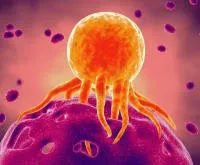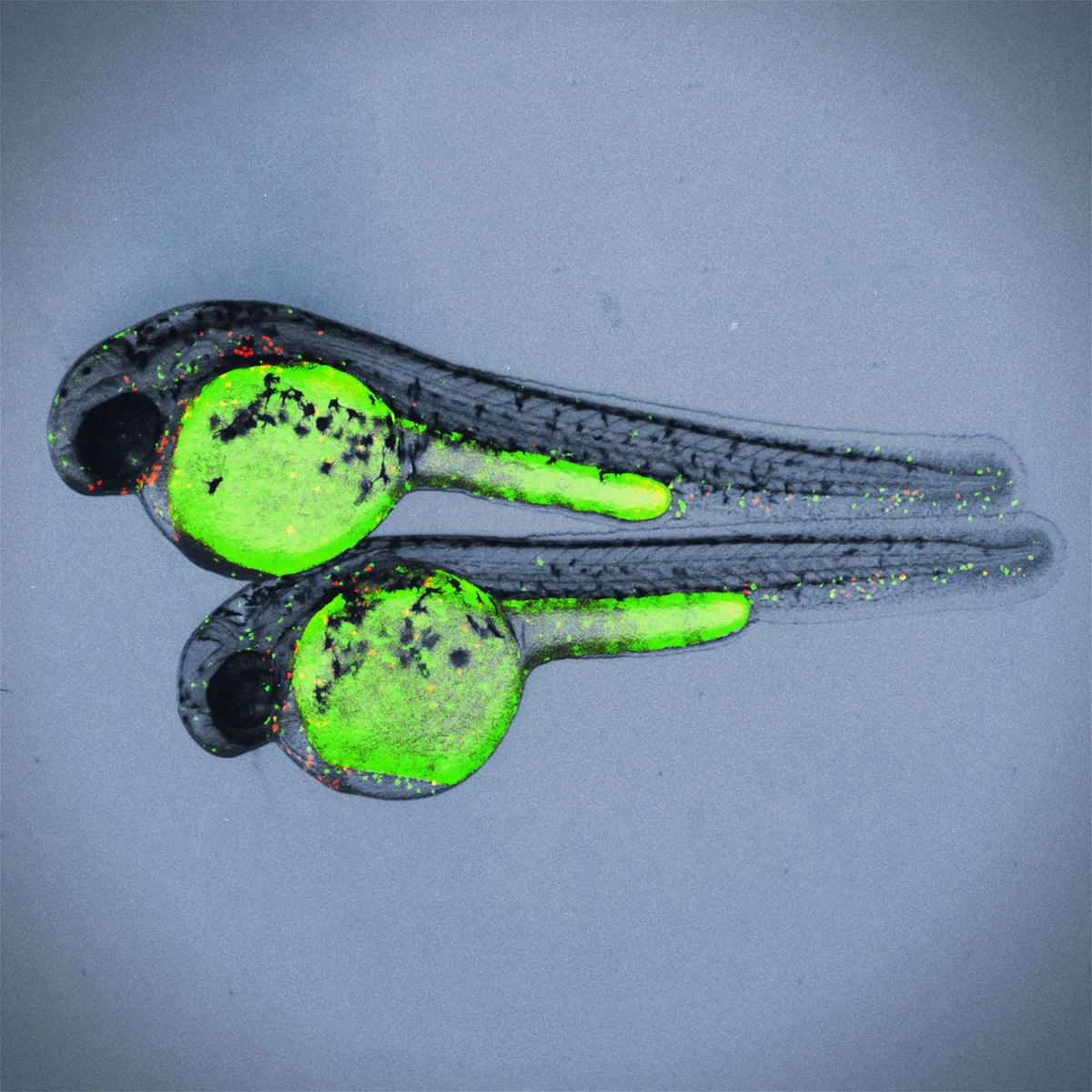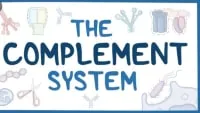
Understanding Cancer Metastasis 
Cancer metastasis is the most dangerous stage of the disease, and understanding it is essential for successful treatment. Research is ongoing to better comprehend the mechanisms of metastasis and develop effective treatments. ▼
ADVERTISEMENT
Course Feature
![]() Cost:
Cost:
Free
![]() Provider:
Provider:
Coursera
![]() Certificate:
Certificate:
No Information
![]() Language:
Language:
English
![]() Start Date:
Start Date:
Self Paced
Course Overview
❗The content presented here is sourced directly from Coursera platform. For comprehensive course details, including enrollment information, simply click on the 'Go to class' link on our website.
Updated in [March 06th, 2023]
1. Learning Value of Understanding Cancer Metastasis: You can gain a comprehensive understanding of cancer metastasis, from the history and overview of metastasis to the biology behind the steps in metastasis, and the major organs targeted by metastasis. You can also learn about uncontrolled cell division, mutation and neoangiogenesis, primary tumor microenvironment, epithelial to mesenchymal transition of cancer cells, local tumor invasion and intravasation, cancer survival within the circulation, the role of the circulatory system in metastasis, the genetic determinants of metastatic potential, signalling mechanisms, chemokines, the dock and lock hypothesis, and extravasation.
2. Learning Value of Morbidity and Mortality: You can learn about dormancy and secondary tumor growth and how they contribute to the lethality of cancer, as well as how cancer hurts and kills people. You can also gain an understanding of the mission of The Johns Hopkins University, which is to educate its students and cultivate their capacity for life-long learning, to foster independent and original research, and to bring the benefits of discovery to the world.
[Applications]
The application of this course can be seen in the medical field, where physicians and scientists can use the knowledge gained from this course to better understand the metastasis of cancer and develop more effective treatments. Additionally, this course can be used to educate the public on the dangers of cancer and the importance of early detection and prevention. Finally, this course can be used to inform research initiatives and help to identify new strategies for the prevention and treatment of cancer.
[Career Paths]
1. Cancer Research Scientist: Cancer research scientists are responsible for conducting research to better understand the causes, treatments, and prevention of cancer. They use a variety of methods, such as laboratory experiments, clinical trials, and epidemiological studies, to investigate the biological processes of cancer and develop new treatments. The development of new treatments and therapies is a rapidly growing field, and cancer research scientists are in high demand.
2. Oncology Nurse: Oncology nurses provide care to patients with cancer and their families. They are responsible for providing physical and emotional support to patients, as well as educating them about their diagnosis and treatment options. Oncology nurses must be knowledgeable about the latest treatments and therapies, and they must be able to provide compassionate care to patients and their families.
3. Cancer Epidemiologist: Cancer epidemiologists study the causes and patterns of cancer in populations. They use epidemiological methods to investigate the risk factors associated with cancer, such as lifestyle, environmental, and genetic factors. They also develop strategies to reduce the risk of cancer in populations.
4. Cancer Biostatistician: Cancer biostatisticians use statistical methods to analyze data related to cancer. They use their expertise to design and analyze clinical trials, develop predictive models, and evaluate the effectiveness of treatments. They also use their skills to develop public health policies and programs to reduce the risk of cancer.
[Education Paths]
1. Bachelor of Science in Biology: A Bachelor of Science in Biology is a great degree path for those interested in understanding cancer metastasis. This degree provides a comprehensive overview of the biological sciences, including genetics, cell biology, and biochemistry. It also provides a foundation in the principles of cancer biology, including the molecular and cellular basis of cancer, and the development of metastasis. This degree is ideal for those interested in pursuing a career in cancer research or clinical practice.
2. Master of Science in Cancer Biology: A Master of Science in Cancer Biology is a great degree path for those interested in understanding cancer metastasis. This degree provides a comprehensive overview of the biology of cancer, including the molecular and cellular basis of cancer, the development of metastasis, and the clinical implications of cancer. This degree is ideal for those interested in pursuing a career in cancer research or clinical practice.
3. Doctor of Philosophy in Cancer Biology: A Doctor of Philosophy in Cancer Biology is a great degree path for those interested in understanding cancer metastasis. This degree provides a comprehensive overview of the biology of cancer, including the molecular and cellular basis of cancer, the development of metastasis, and the clinical implications of cancer. This degree is ideal for those interested in pursuing a career in cancer research or clinical practice.
4. Master of Public Health in Cancer Prevention and Control: A Master of Public Health in Cancer Prevention and Control is a great degree path for those interested in understanding cancer metastasis. This degree provides a comprehensive overview of the public health aspects of cancer, including the epidemiology of cancer, the development of cancer prevention and control strategies, and the evaluation of cancer interventions. This degree is ideal for those interested in pursuing a career in public health or clinical practice.
Pros & Cons

Engaging lectures

Comprehensive overview

Challenging assignments

Poor production quality

Irrelevant questions

Automated exams require payment
Course Provider

Provider Coursera's Stats at AZClass
Discussion and Reviews
0.0 (Based on 0 reviews)
Explore Similar Online Courses

SQL Certification Course

Fundamentals of Reinforcement Learning

Python for Informatics: Exploring Information

Social Network Analysis

Introduction to Systematic Review and Meta-Analysis

The Analytics Edge

DCO042 - Python For Informatics

Causal Diagrams: Draw Your Assumptions Before Your Conclusions

Whole genome sequencing of bacterial genomes - tools and applications

Chemical Biology

Immunology Lecture 17 Complement System

Immunology Lecture 16 - Type IV Hypersensitivity Reactions
 Related Categories
Related Categories
 Popular Searches
Popular Searches
Quiz
 Submitted Sucessfully
Submitted Sucessfully
1. What is the mission of The Johns Hopkins University?
2. What is the primary focus of the first module of the course?
3. What is the role of the circulatory system in metastasis?


Start your review of Understanding Cancer Metastasis